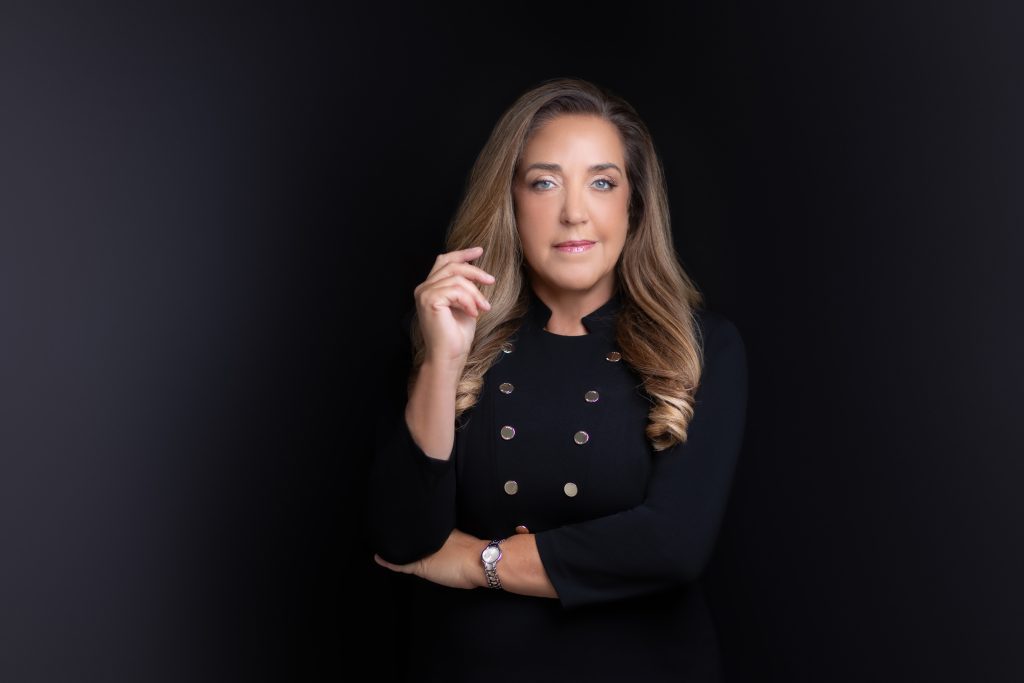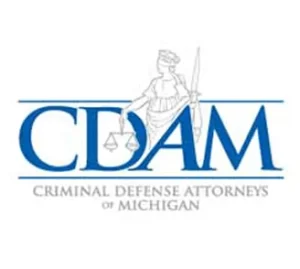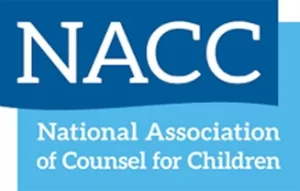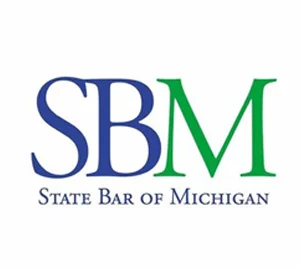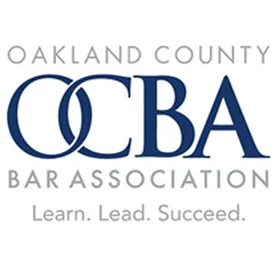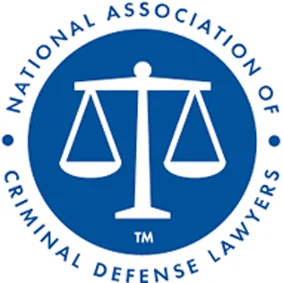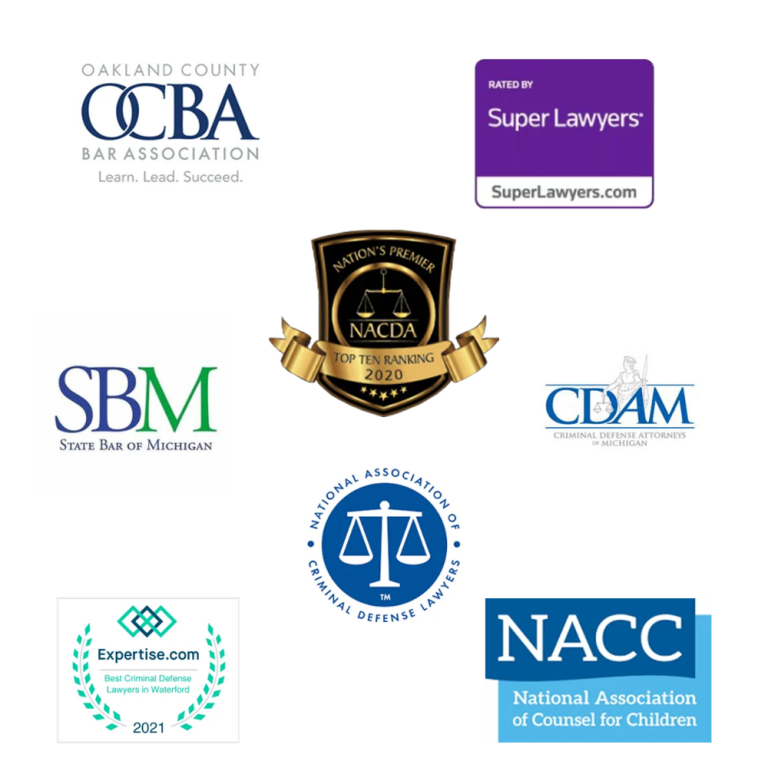How medical professionals get charged with federal drug crimes
On Behalf of Kirsch Daskas Law Group | Jul 27, 2021 | Federal Crimes
Under Michigan’s controlled substances laws, physicians are usually the only people authorized to prescribe most prescription drugs. Pharmacists can compound and dispense medications, while nurses and other skilled medical professionals can administer the drugs to patients.
Unfortunately, while the aim of controlled substances laws is to prevent substance abuse and drug trafficking, some medical professionals could find themselves accused of trafficking because of their behavior in their medical practice.
Overprescribing medication can lead to prosecution
Pain medication is addictive, meaning that doctors need to balance the need for pain management with the long-term risk of heavy opioid or opiate use. Doctors may want to be compassionate to their patients, giving them enough pain medication to get them through a medical ordeal without needing to go back to the pharmacy for a refill.
Sadly, some people will abuse that compassion for the benefit of their addictions. Doctors who have prescribed too many pills, renewed a pain medication prescription too many times or given a patient an inappropriately high dose of pain medication could find themselves accused of overprescribing and even drug trafficking.
Although pain medications are among the most frequently abused drugs, there can be similar issues with medications ranging from ADHD medication to erectile dysfunction drugs.
Michigan doctors do get prosecuted for controlled substances issues
Drug trafficking involving a physician will usually result in federal charges. Given that Michigan is a flyover state, some people assume that federal investigation in Michigan is unlikely.
However, the state and federal agencies have successfully cooperated, as recently as in the last year, to prosecute doctors for trafficking because of their prescribing habits. Just last year, a doctor pleaded guilty to federal charges on the west side of the state for giving prescriptions to people he knew would resell the medication. The practical impact of a medical professional’s behavior will likely weigh more heavily in the eyes of the courts than their intent.
Understanding when you might be vulnerable to federal drug charges and help you protect yourself or adjust your professional habits.

